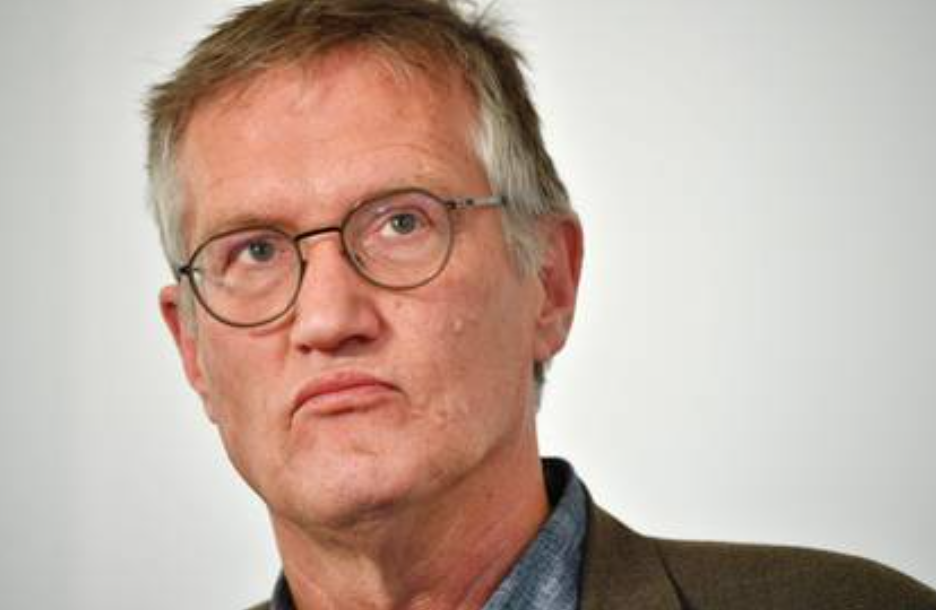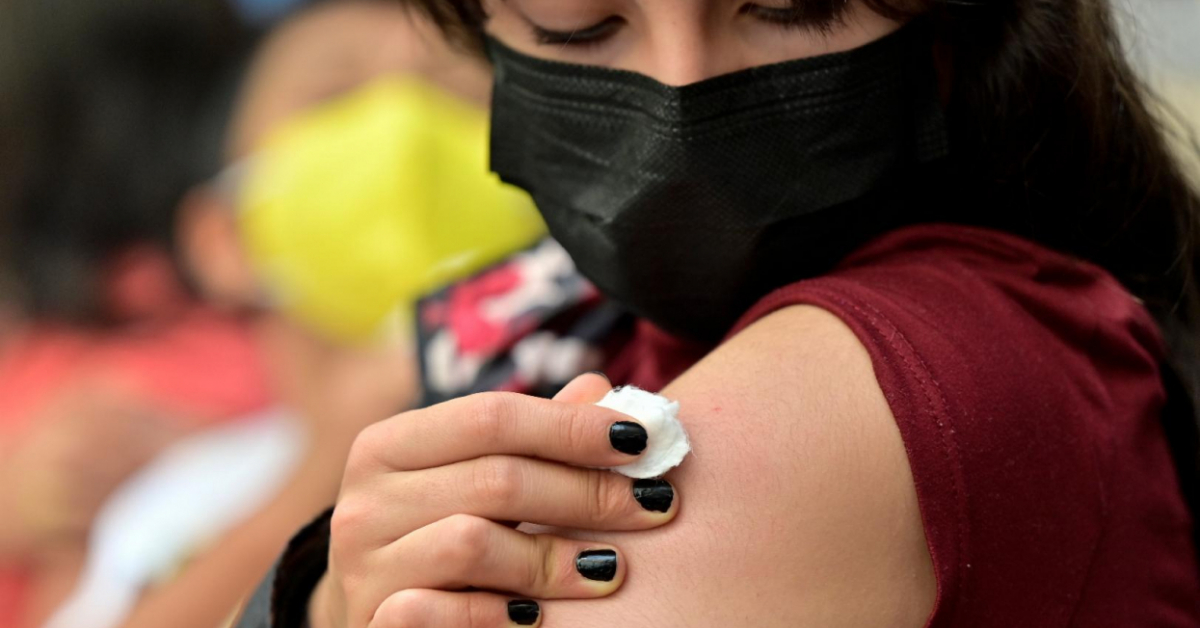Sweden should have taken more measures at the beginning of the coronavirus pandemic, the chief epidemiologist of the Public Health Agency, Anders Tegnell, admitted with mortality much higher than the rest of the Nordic neighbors.
"If we were to face the same disease knowing what we know today, I think we would end up doing something halfway between what Sweden did and what the rest of the world did," Tegnell said in an interview with Swedish public radio station.
Now, Tegnell has publicly admitted for the first time that the strategy is causing too many . . .






